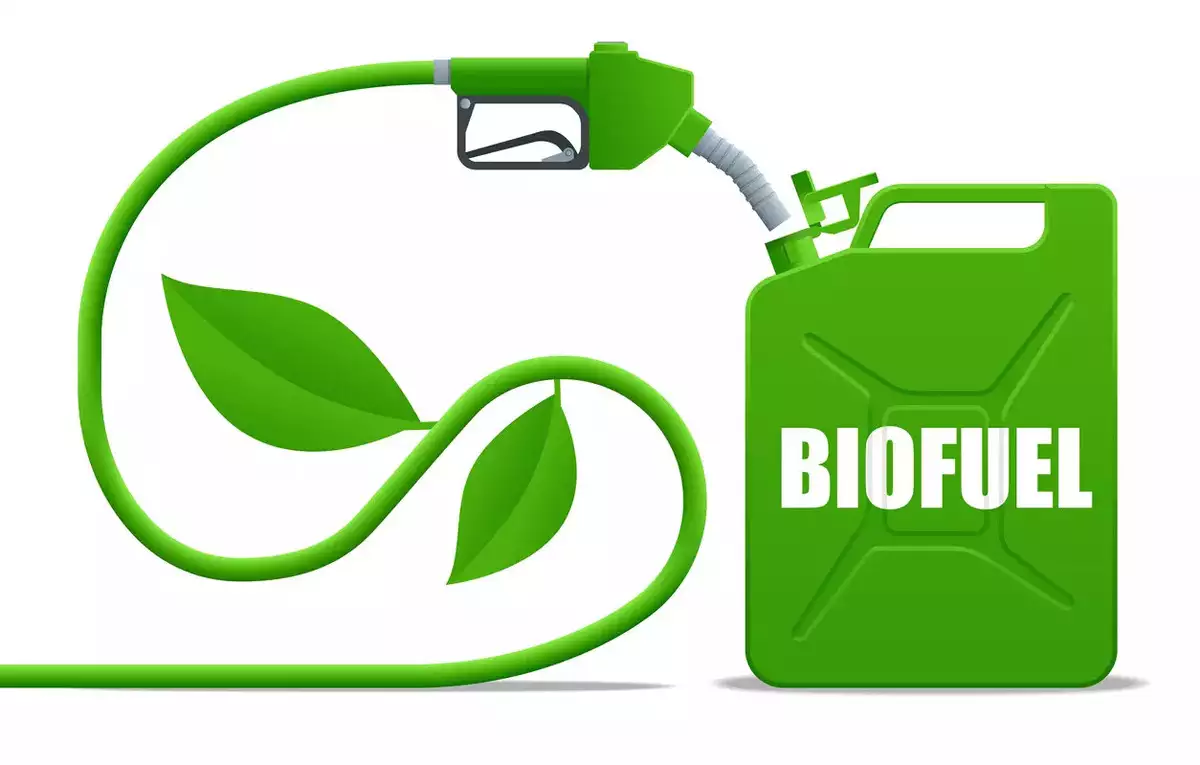The state government is making significant strides in the biofuel sector. On April 6, Chief Minister is set to inaugurate a groundbreaking Rs 1,200 crore ethanol plant in Gorakhpur, underscoring the region’s pivotal role in India’s biofuel revolution.
This move aligns with the central government’s focus on biofuels as part of its broader energy strategy, aiming to reduce carbon emissions and promote sustainable energy solutions across the country. The ethanol plant, located in the industrial area of Gorakhpur, is the first of three major ethanol projects that are set to transform the region. The largest among them is the Kayan Distillery Pvt Ltd’s facility in GIDA’s Sector 26, which is expected to be a game-changer in the local biofuel landscape. With the capacity to produce 3 lakh litres of ethanol daily, the plant will gradually scale up its operations to 1 million litres in three phases. This expansion is part of an ambitious plan to meet rising demand for ethanol, a key component of biofuels, which has garnered significant attention due to its role in reducing carbon emissions and contributing to a cleaner energy future.
The Kayan Distillery’s plant has already entered into a Memorandum of Understanding with Indian Oil for ethanol supply, creating over 4,000 direct and indirect jobs. The facility is poised to become a cornerstone of the state’s ethanol production infrastructure, benefitting both the local economy and the wider biofuels industry. The project also represents a significant step towards the state’s goal of becoming India’s top ethanol producer, with plans to support the nationwide push towards clean energy. Beyond the Kayan facility, the government has also outlined plans for another ethanol production unit at the Pipraich Sugar Mill, which will have a daily capacity of 60,000 litres. This initiative, expected to boost farmers’ payment efficiency, will utilise sugarcane juice as the primary feedstock. The state has allocated Rs 90 crore for the project in the 2025-26 budget, signalling its long-term commitment to strengthening the biofuel sector in Gorakhpur and beyond.
Moreover, the Indian Oil-backed Biofuel Complex in Dhuriyapar, which has already commissioned a Rs 165 crore compressed biogas (CBG) unit, is gearing up for the second phase of its project – ethanol production. This will add further capacity to the region’s biofuel production potential, contributing to the state’s green energy goals. The combination of these projects positions Gorakhpur as a central hub in Uttar Pradesh’s transition towards sustainable energy sources, while also creating a host of economic opportunities for local communities. These developments reflect a larger trend in India towards adopting renewable energy and reducing dependence on fossil fuels. As part of the broader biofuel push, ethanol production from agricultural by-products like rice, maize, and sugarcane has become a key area of focus. The benefits are clear: reducing greenhouse gas emissions, promoting the use of locally sourced raw materials, and providing farmers with additional income streams through a value-added product.
With these ongoing developments, Gorakhpur is on track to become a green energy powerhouse, playing a key role in India’s shift towards renewable energy. The state’s leadership in the biofuel sector is expected to create a ripple effect, fostering sustainable growth, reducing carbon footprints, and providing new avenues for job creation in one of India’s most economically dynamic states. As the ethanol projects continue to unfold, the emphasis will be on ensuring that these initiatives not only drive economic growth but also contribute meaningfully to India’s broader environmental goals. By positioning itself as a biofuel hub, Gorakhpur is setting an example of how cities and regions can align economic development with sustainability, paving the way for greener, more sustainable urban futures.


